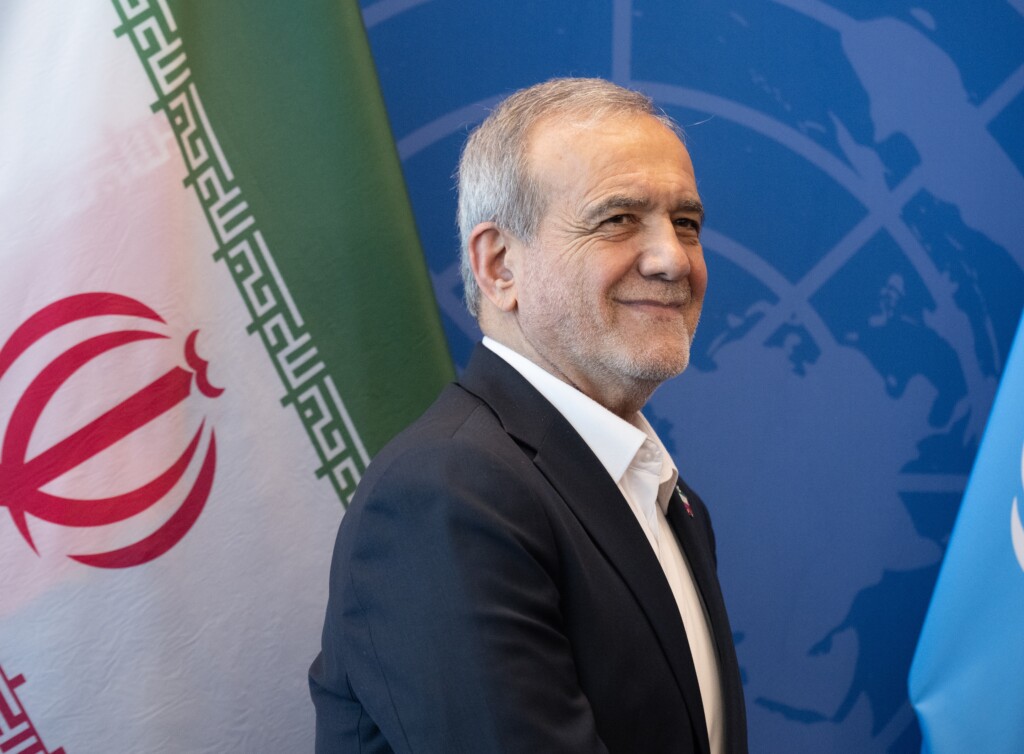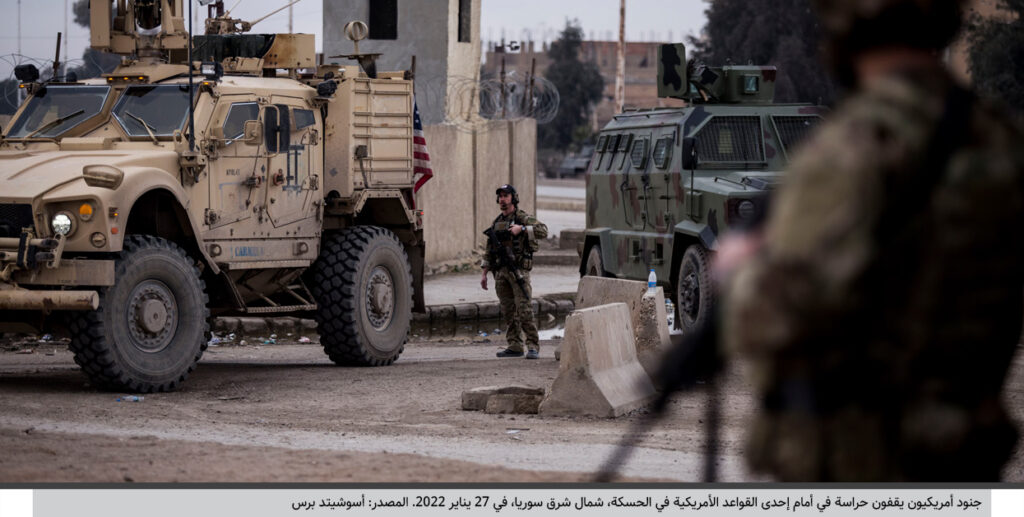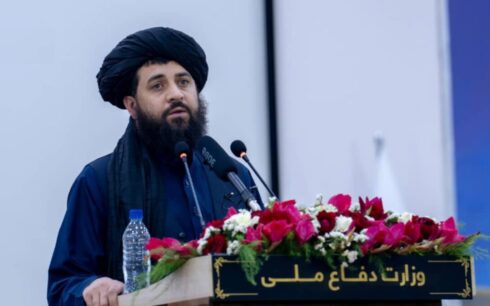The Global Terrorism Index (GTI) 2025 has ranked Pakistan second, painting a bleak reflection of an even bleaker security reality. The report highlights a fifth consecutive year of rising terrorism, with attacks surging from 517 in 2023 to 1,099 in 2024—the largest increase yet. This, coupled with the recent major incidents of terrorism in the country, necessitates a comprehensive strategy against terrorism incorporating both kinetic and non-kinetic aspects.
As of March 17, 2025, the state experienced an 81% surge in terrorism-related incidents from the last year, with 80 attacks and 218 fatalities—marking an alarming deterioration in security. The most terrifying of these attacks was the hijacking of the Jaffar Express, which claimed 31 lives. It subsequently, prompted a meeting of the Parliamentary Committee on National Security, where the Chief of Army Staff emphasised the need for better governance and articulated a decisive narrative of transforming Pakistan into a ‘hard state’ against terrorism.
Transforming Pakistan into a resilient, hard state against terrorism will require a comprehensive strategy. As far as kinetic operations are concerned, it has been almost twenty-three years since the state launched its first military operation against terrorist groups. Subsequent operations followed, such as Operation Rah-e-Nijat in 2009, Operation Zarb-e-Azb in 2014, and Radd-ul-Fassad in 2017. With 59,775 successful intelligence-based operations—averaging 169 per day— in 2024 alone, Pakistan’s counterterrorism efforts stand as a testament to its unwavering commitment to eradicating terrorism. The GTI acknowledges the latest Operation Azm-e-Istehkam a significant effort by the state to curb this issue. In light of the report’s recommendations on integrating AI and advanced technology, the military could enhance surveillance through drone technology, utilise AI-powered threat detection, and strengthen cyber intelligence to counter extremist networks operating online.
Taking the report into account, the resurgence of TTP lies at the core of the issue, being the deadliest terrorist organisation in Pakistan, responsible for 52% of deaths. TTP has launched 482 attacks, claiming 558 deaths, marking a 91% rise from 2023. Using Afghanistan as a springboard, particularly after the Taliban government assumed power in 2021 and welcomed these ‘guests’, TTP has reorganised and launched brutal attacks inside Pakistan with ‘greater impunity.’
Beyond militarisation, sustainable peace hinges on non-kinetic measures. For example, the 2014 National Action Plan once hailed as Pakistan’s blueprint for countering terrorism, has faced slow implementation. Unsurprisingly, there is little evidence of progress on many NAP targets. Its core recommendation was to bolster the role of NACTA, but eleven years later, questions remain regarding its legal framework and the resources required for its full operational capability.
Further, NACTA’s scope must be broadened to address evolving threats, particularly keeping in view another important finding of the report- Islamic State Khorasan Province’s (ISKP’s) rapid expansion beyond Afghanistan into Pakistan since 2015. The group has leveraged strategic information warfare and multilingual propaganda in Arabic, Urdu, and Farsi to recruit members. Hence, NACTA’s efforts should be complemented by government-led public messaging and digital literacy programs.
Additionally, political polarisation and instability are other reasons that the plague of terrorism is becoming uncontrollable. A counter-terrorism strategy rooted in political consensus among all stakeholders can ensure long-term sustainability of the efforts. The report also points out that Pakistan’s porous border has facilitated 96% of terrorist incidents in KPK and Balochistan in 2024. In this context, there remains a significant gap in inter-agency coordination, particularly between federal authorities and Provincial Counterterrorism Departments (CTDs), hindering intelligence-sharing and operational synergy. Strengthening this cooperation is essential for a more effective counterterrorism response.
As part of a non-kinetic approach, addressing the root causes of extremism is crucial. Structural issues, such as socio-economic disparities, disenfranchisement and lack of justice, fuel discontent and create an environment where extremist narratives thrive. Concerns over inadequate allocations from the National Finance Commission (NFC) Award highlight the urgent need for a greater share of resources to address regional inequalities and strengthen counterterrorism efforts particularly in Balochistan.
Going ahead, the reports undertaking that there is a growing influence of geopolitics on terrorism cannot be ignored. Groups like the Balochistan Liberation Army (BLA) are openly declaring war against Pakistan and China, targeting key infrastructure projects such as the Gwadar Port Authority Complex and the Dasu Hydropower Project. To break this cycle, civilian leadership must take a proactive role and strengthen governance, fortify border management, and leverage diplomatic and strategic pressure on external actors—particularly the Afghan Taliban and India— which has facilitated terrorist networks in Pakistan, particularly the ongoing attacks.
Relying solely on brute force will keep counterterrorism efforts reactive and the aim of becoming a hard state against terrorism shall remain a pipe dream. An exit strategy from terrorism requires a holistic and continuous adaptation approach. We, as a nation, have had enough. Our fight against terrorism must be pursued with unwavering resolve—comprehensively, decisively, and conclusively.






